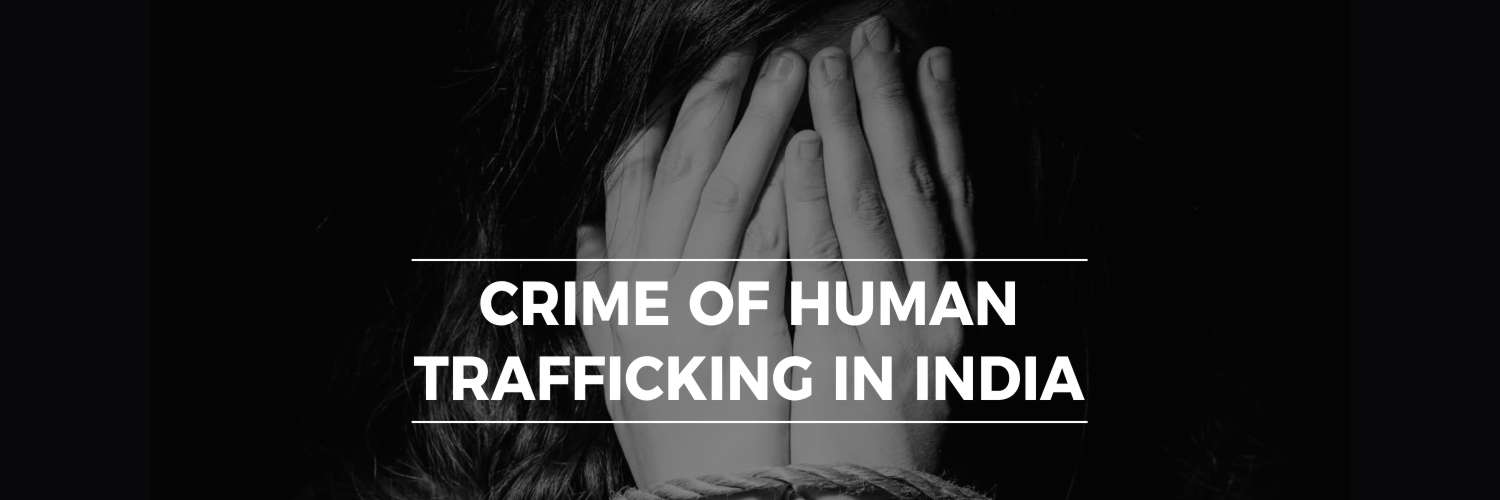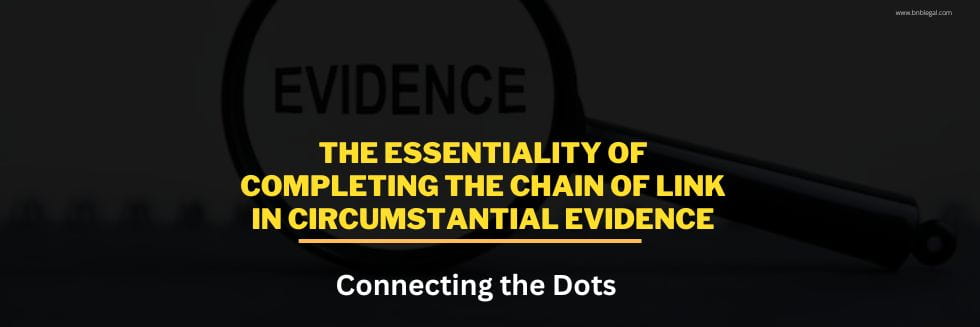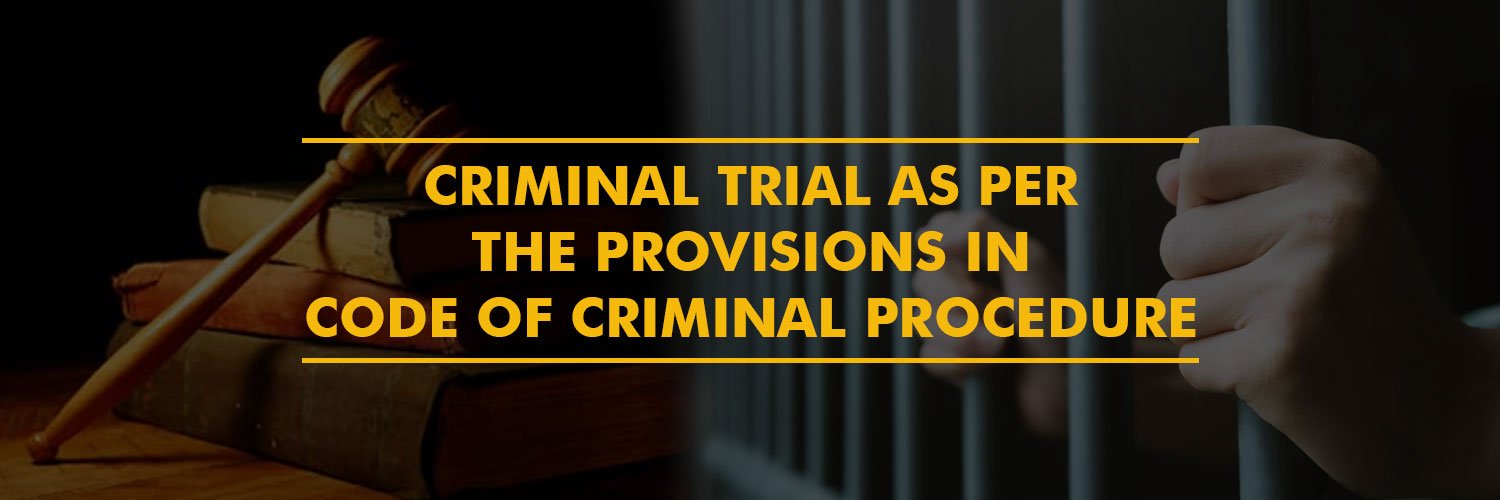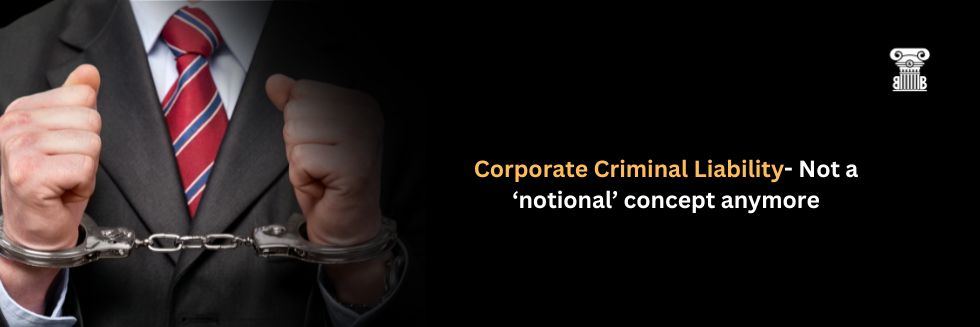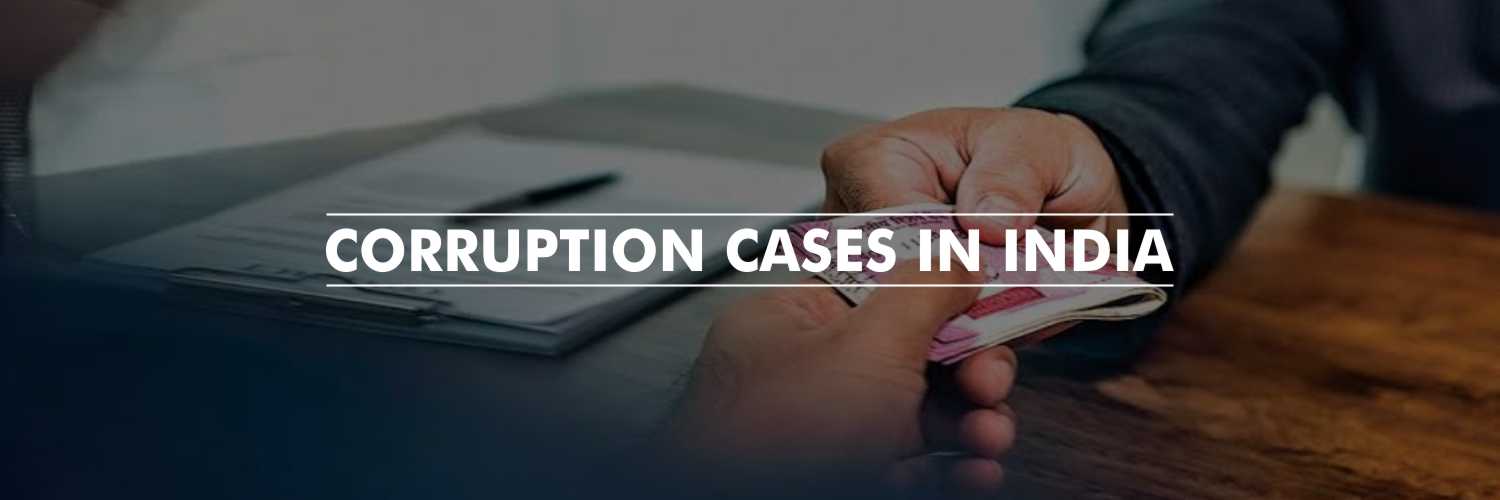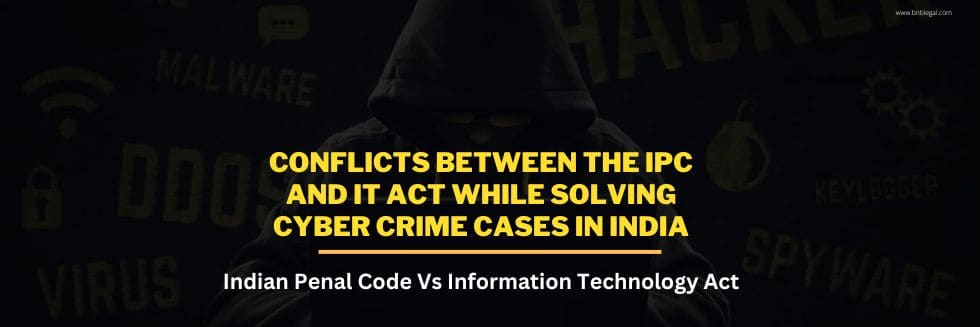The crime of Human trafficking means the practice of illegal transportation of people from one area or country to another. It is mostly done with a motive of forced labor or commercial sexual exploitation. Undoubtedly, it is a devastating crime. It uproots the human society from its fundamental values. It is a form of modern slavery. A criminal industry which denies freedom to millions of people around the world. Each year millions of people are being illegally transported beyond domestic boundaries. Human trafficking poses a global threat to the safety and health of unguarded men, women, and children. The crime of human trafficking in India has a massive but terribly ignored presence. From domestic help to begging, to prostitution, to bar-dancing to paid matrimony, the crime is present in many forms.
The Crime of Human
Human Trafficking ruins millions of lives at all socioeconomic levels every year, and on every continent. It is quite prevalent in India and Indian sub-continent. A highly organized business, sex trafficking has a major revenue contribution to the prostitution industry. According to the International Labour Organization (a part of the UN), around 22 million people become victims of human trafficking worldwide. Roughly 4.5 million out of these are sexually exploited. ILO estimated that women and girls from 98% of the sufferers of sex trafficking and 55% of all victims. Which is why it is considered a “gender crime”. It is considered to be an illegal act in India. Exploitation is the heart of human trafficking. In the context of sex trafficking, exploitation refers to forced prostitution or sexual abuse of endangered men, women, and children.
The Crime of Human trafficking adversely affects the physical and mental well-being of the victims:
Most of them experience physical, sexual, psychological and emotional violence. It is highly dangerous and very difficult to escape from slavery. Even if rescued, societies do not accept the victims, and it is also not easy for them to integrate back into society due to stigma, shame, trauma and sometimes institutionalization caused during the process of enslavement.
International Attempts to Combating human trafficking:
U.S. government has acted quite stringently in tackling the crime of human trafficking in the past many years: The U.S. government took steps to build strong intelligence networks to be able to counter the rackets and plug their markets and growth. Periodic health and psychiatric check-up of prostitutes ensure direct reasonable human interaction with the subject’s environment and helps the law enforcement agencies to track and uncover underground trafficking activities. Often these agencies have uncovered multi-national rackets and helped other governments too in tracing down to the source.
If the Crime of Human Trafficking is so prevalent, then why have I not come across it?
People often feel a sense of shock upon being divulged the astonishingly high figures of human trafficking. However, the shock does not last for long. In contrast to their existential reality, where they claim to not have come across a single incident of human trafficking, it appears to be another hoopla. But, to tell the truth, everyone does come across many such victims on daily basis, but, while holding a blind eye towards them. Majority of people are not personally interested in a long sight of poverty and misery. A general tendency is to ignore and look away. People have a to-do list to follow. In between this run for financial, career and family objectives, nobody wants a discomforting sight that spoils the mood. To be precise, people have “better” things to do! They live in a thinly classified society, ignorant, or rather, apathetic towards a large section of the population which is desperate, needy and trodden and to top that, brutally generalized as – uneducated, uncouth, immoral and unworthy. Here’s a question – when you spot a poor person on the streets (which is quite normal in India), do you try to look deeper into the person’s circumstance? If not, then there is a likely hood of never coming across a single incident of Human Trafficking in your entire lifetime, or until the evil takes one of your own.
As a matter of fact, victims of human trafficking are present around us in large numbers. We either lack the will or the ability to see.
These victims sometimes hail from such downtrodden social structures that they lack the basic knowledge to understand what is happening to them. They do not know the difference between legal and illegal and whether what is happening to them is illegal and that they have a right against it. The often end up becoming a party to their own victimization. Thanks to the police and how it treats the less fortunate in India. With sheer unawareness of their own rights, these people are brainwashed or threatened into believing that their misery and circumstances are justified. Sometimes they are even made to see the assaulter as a noble figure. These people do not have the confidence or resources to even approach for help as they already are denied help in the past or have met with an utter unconcern of the able and established members of the society. Well, who has the time or energy to spare and care of the less fortunate? The miserable – the weaker section. No batman comes to their aid as they flood the dark streets of Gotham dying out in large number, begging, selling their skin, their soul, a generation after the other.
If you wish to unsubscribe from the ‘unconcerned’ members of our able society and wish to make a difference and help curb the crime of human trafficking, you can start by being a little observant. Here are a few points you should be observant about:
A person is trafficked when he or she may:
- Show signs that their movement is controlled;
- Have false identity or travel documents;
- Do not know their home or work address;
- Have no access to their earnings;
- Be unable to negotiate working conditions;
- Work excessively long hours over long periods;
- Have limited or no social interaction;
- Have limited contact with their families or with people outside of their immediate environment.
Cause of action in the crime of human trafficking
If you are not a victim but want to help others:
If you believe someone may be a victim of human trafficking, report your suspicions to law enforcement by calling 100 or the women helpline. All trafficking victims, including undocumented individuals, are eligible for services and immigration assistance. You can also offer legal services to victims of human trafficking. The victim as well as others on behalf of victims can contact relevant social work organizations acting for the cause like CRY, SOS etc.
Remedies In Law To Check The Crime of Human Trafficking
Section 370 IPC (Indian Penal Code)
The supreme law of land i.e. the Constitution of India prohibits the trafficking of human beings and persons under article 23(1). Section 370 IPC (Indian Penal Code) Mentions some acts on the part of a person which will make him offender of human trafficking
The Immoral Traffic (Prevention) Act, 1956 (ITPA) is a piece of legislation put forth to prevent trafficking for commercial sexual exploitation. The Criminal Law (Amendment) Act 2013 is also enforceable wherein Section 370 of the Indian Penal Code has been substituted with Section 370 and 370A IPC which lay measures to counter the menace of human trafficking.
Protection of Children from Sexual Offences (POCSO) Act, 2012, came into effect from 14th November 2012 (children’s day) and is drafted to protect children from sexual abuse and exploitation of any kind.
There is some other specific legislation enacted in the law which relate to trafficking in women and children:
Prohibition of Child Marriage Act, 2006
Bonded Labour System (Abolition) Act, 1976
Child Labour (Prohibition and Regulation) Act, 1986
Transplantation of Human Organs Act, 1994
Apart from this, the specific Sections in the IPC, e.g. Sections 372 and 373 deal with selling and buying of girls for prostitution. Judicial Colloquium is being held in the high courts to sensitize the judges about such matters and to ensure speedy redressal. State Governments have also enacted specific pieces of legislation to deal with the issue. (E.g. the Punjab Prevention of Human Smuggling Act, 2012).
The larger difference in the scenario can only be brought if instead of delegating the absolute responsibility to organizations and state machinery, a little caution is employed by all the members of the society.
